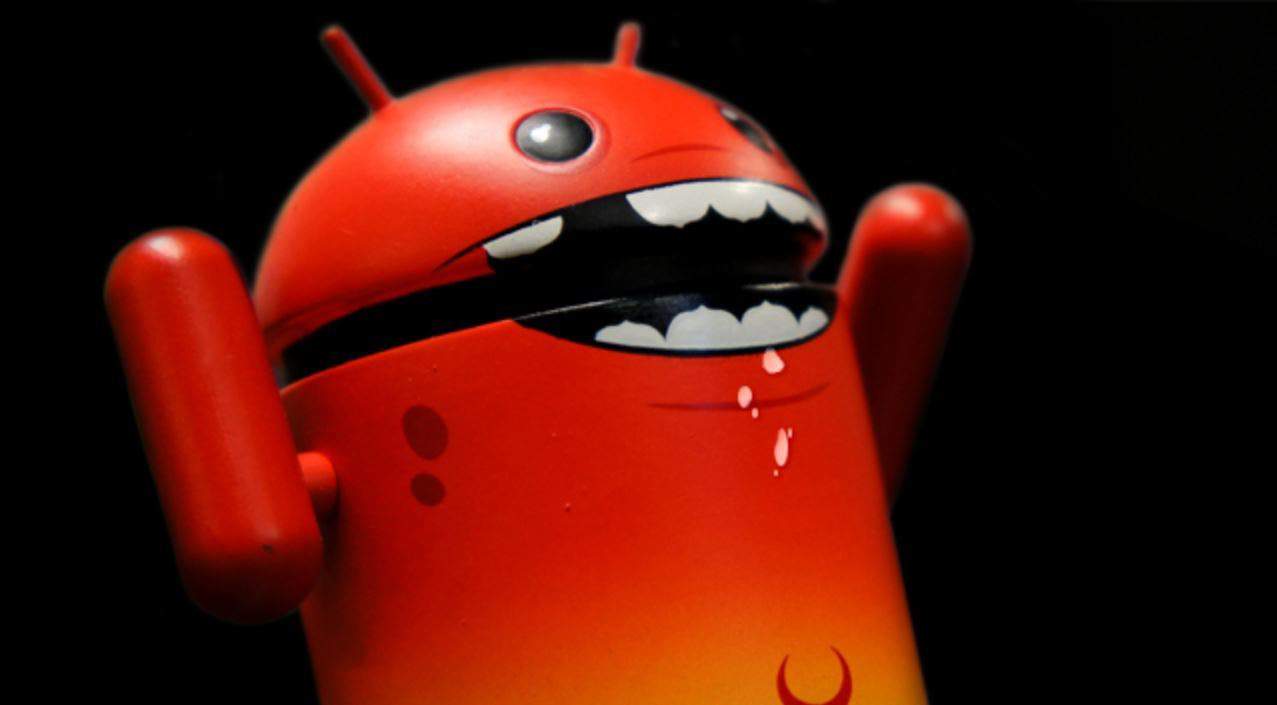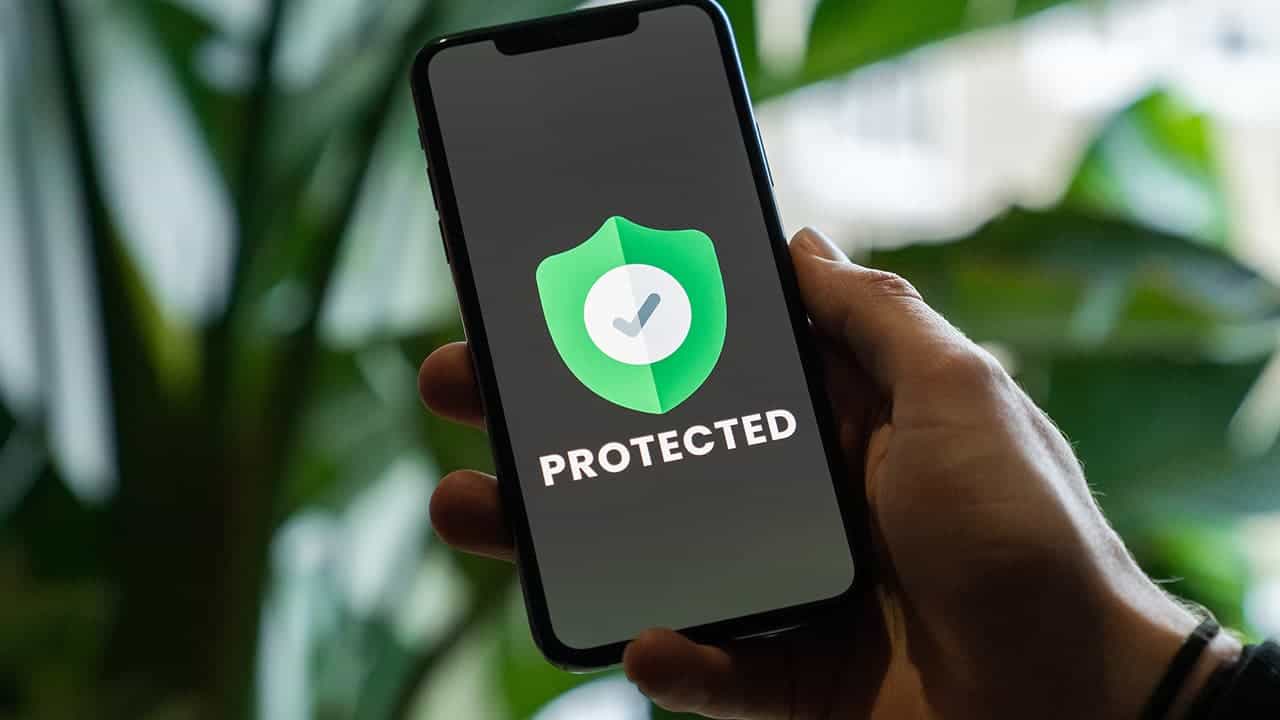How to’s | GuidesPhones
- Spyware: How It Affects Your Phone, and How to Protect Yourself
- What Is Spyware?
- Warning Signs of Spyware Infections
- How to Spot Spyware on Your Phone
- How to Detect Spyware on Android and iOS Devices
- How to Remove Spyware from Your Device
- Preventing Spyware in the Future
- What Are Google and Apple Doing to Combat Spyware?
- Are Parental Control Apps Spyware?
Spyware: How It Affects Your Phone, and How to Protect Yourself
Abdullah Mustapha
January 19, 2025

Image source: Avira
Spyware isn’t limited to just your PC—it can also invade your mobile devices. It can sneak onto your smartphone in different ways, hiding as a fake app or even turning a trustworthy app into a data thief. Some apps, designed for work or parental monitoring, could be abused to spy on you.
Regardless of how it gets there, mobile spyware can steal personal information, track your location, record conversations, and more. In this guide, we’ll explore the various types of spyware, how to spot the signs of an infection, and how to remove this harmful software from your device. We’ll also discuss stalkerware and what you can do to protect your privacy when it comes from close to home.
What Is Spyware?

Spyware is a type of malicious software that collects information from your device without your knowledge. It comes in various forms, each with different purposes.
Warning Signs of Spyware Infections
You might notice some unusual signs if spyware is attempting to infect your device. These signs often begin with suspicious messages, such as phishing emails, social media messages, or fraudulent SMS texts. These messages could encourage you to click on malicious links or download dangerous files. You may also get fake payment requests or failed delivery notices disguised as official communications.
If the spyware is more advanced, like stalkerware, the messages may be more personal, targeting you specifically. It often requires physical access to your device to install, but some forms of stalkerware can be set up in minutes.
How to Spot Spyware on Your Phone
If spyware has successfully infected your device, there are several symptoms you should watch out for. These signs include:
- Battery Drain: Your phone’s battery might drain faster than usual, or your phone may overheat for no apparent reason.
- Strange Behavior: Apps may freeze, crash, or randomly restart. Your phone might also act erratically, with settings like GPS or Wi-Fi turning on and off unexpectedly.
- Increased Data Usage: If your phone is using more cellular data than usual, it might be transmitting information without your knowledge.
- Unusual Call Interference: Strange noises or distortions during calls might indicate that your conversations are being intercepted.
- Unexplained Charges: If you’re seeing unauthorized purchases or subscriptions, especially for premium services, it could be the result of spyware on your device.
- Unfamiliar Apps: Apps you don’t remember installing or apps that seem out of place can be signs of an infection. Some malicious apps disguise themselves as regular utilities like calendars or calculators.
How to Detect Spyware on Android and iOS Devices
On Android devices, a key sign of spyware is the ability to download apps from outside of the official Google Play Store. If you enable this feature, it could indicate that someone has tampered with your device. You can find this setting under “Security” and check for apps with unusual names or icons. Some spyware may even hide behind legitimate-looking apps.
Join GizChina on Telegram
For iOS, spyware is harder to install unless your device is jailbroken. However, it’s still possible for a spyware developer to exploit vulnerabilities. To prevent infections, keep your iPhone up to date with the latest software updates.
How to Remove Spyware from Your Device
Spyware can be difficult to detect and even harder to remove. However, there are steps you can take to clean your device. If you believe your phone is infected, try these options:
Preventing Spyware in the Future
Although you can’t guarantee that your device will never get infected with spyware, you can take measures to reduce the risk:
What Are Google and Apple Doing to Combat Spyware?
 fraudulent link
fraudulent link
Both Google and Apple are actively working to protect their users from spyware. Google frequently removes malicious apps from the Play Store, such as apps that disguise themselves as employee or child trackers. The company also works on identifying and blocking spyware targeting Android users.
Apple, on the other hand, has cracked down on parental control apps that invade privacy. They also actively remove apps that are availble to have spyware like functions. Both companies have pledged to fight spyware, and Apple recently announced a $10 million grant for research into counteracting state sponsored spyware.
Are Parental Control Apps Spyware?
Parental control apps monitor a child’s phone for safety, but people can also abuse them for spying purposes. These apps often require extensive permissions, which can invade privacy. Both Google and Apple provide limited parental control features, but they limit their scope to avoid abuse.
Conclusion
Spyware is a growing threat to your privacy, and it’s important to stay vigilant. By understanding what spyware is, recognizing the signs of infection, and taking proactive steps to secure your phone, you can protect your personal information from malicious attacks. Whether through basic mobile spyware, stalkerware, or even government grade spyware, taking steps like keeping your device updated, running regular scans, and being cautious of suspicious links can help keep you safe.
Disclaimer: We may be compensated by some of the companies whose products we talk about, but our articles and reviews are always our honest opinions. For more details, you can check out our editorial guidelines and learn about how we use affiliate links.
Source/VIA :
Zdnet